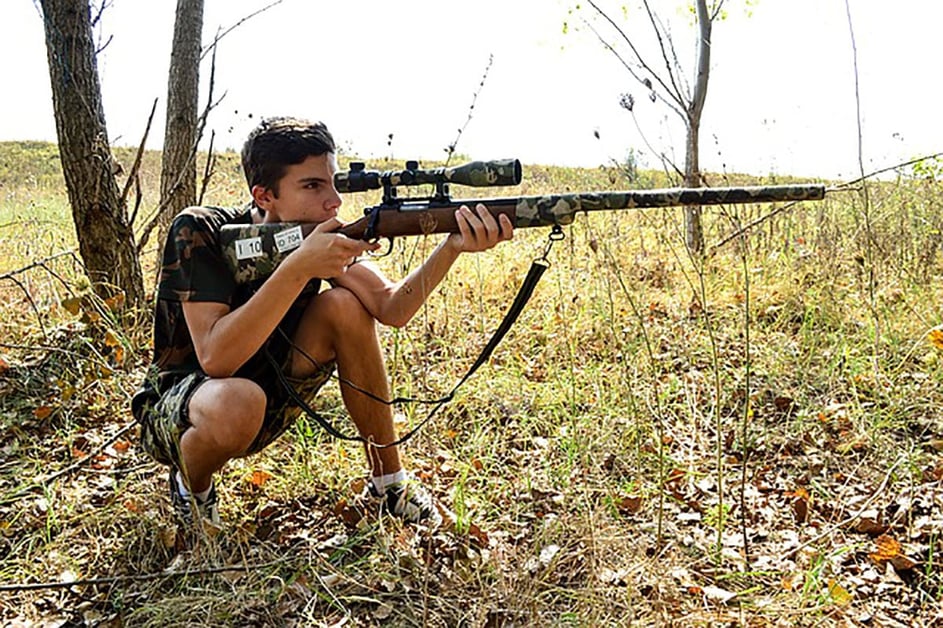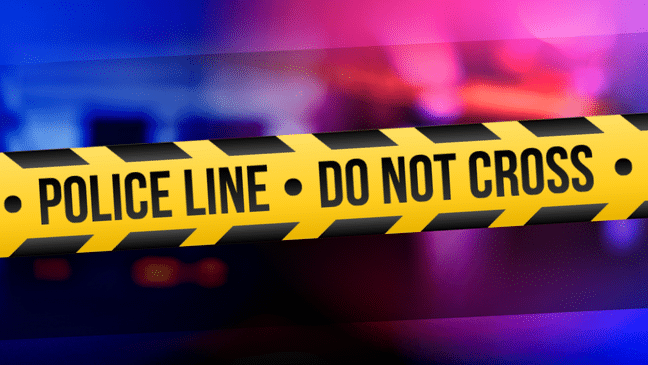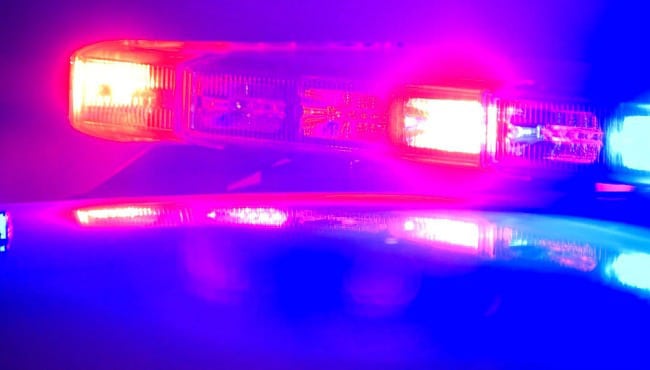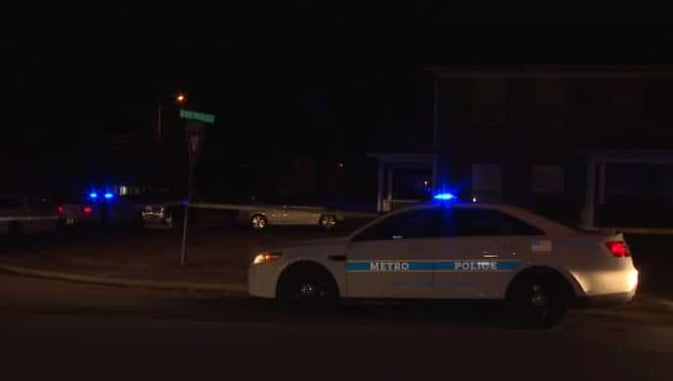How often have you had a ringing in your ear after shooting your firearm, even though you had protective earplugs or earmuffs on?
Our sense of hearing is precious. It would seem as though our federal government would go out of its way to help its citizens protect it. But for a number of years, federal regulations were in place that almost seemed to indicate the opposite!
One case in point is the long, strange saga of firearms and suppression devices. For almost a hundred years, the federal government has had taxes and restrictions in place that has made this hearing protector not worth having for many shooters.
However, legislation has recently been introduced that may be changing this.
Suppression Device Struggles
Pity the poor firearm suppression device! It got off to a promising enough start when it was first invented and patented in 1902 for rifle use. But then the 1920s came along. Enterprising gangsters discovered that silencers could be adapted to accommodate machine guns.
And this helped to muffle mob mayhem. One of the federal government’s responses to this increase in crime was to pass the National Firearms Act of 1934 (NFA). Hoping to limit and control the number of firearms available to the public, the law imposed both heavy restrictions and taxes on firearms and related accessories.
It was decided that suppression devices should be among the accessories that fell under the NFA. Suppression devices have never been illegal, but a $200 “transfer” tax was attached to the purchase of one.
In the 1920s, $200 would have been the equivalent of $3,000. A small fortune during the Depression era, this tax effectively kept suppression devices out of the hands of the public.
While the suppression device has shed its reputation over the years as something used only by criminals, its $200 tax has remained in place. Given the amounts shooters spend elsewhere with their hobby, many of them decide to forego this device as a result. Not to mention all the hassle you have to go through!
Benefits Of Suppression Devices
Silencers didn’t just keep those coppers from hearing the gangsters’ Tommy guns back in the day. Today they also offer considerable protection to shooters from impulse noise. Formal studies have shown that suppression devices offer far more hearing protection to firearm users than ear plugs or headphones.
And in addition to hearing protection, suppression device use enhances firearm safety in other ways. Firearm suppression devices:
- reduce gun recoil
- increase gun accuracy
- reduces the amount of lead particles inhaled by shooters
How Suppression Devices Found Some Federal Friends
Despite all the positive news surrounding suppression devices, its NFA tag has kept it out of the hands of many Americans. So on January 9, 2017, two Congressional gun enthusiasts introduced the Hearing Protection Act of 2017.
Formally known as the Duncan-Carter Hearing Protection Act, it was written and submitted by House representatives Jeff Duncan of South Carolina and John Carter of Texas.
In introducing the bill, Duncan indicated that his hearing had been permanently damaged after a lifetime of target shooting and hunting. He stated that he hoped that his and Carter’s bill would spare other shooters from the same fate.
What The Duncan-Carter Hearing Protection Act Says
The text of the legislation essentially indicates that NFA regulations that originally applied to private ownership of suppression devices should be amended.
The reasoning is that:
- Circumstances behind 1934 NFA restrictions have changed
- The act will encourage safer firearm practices.
Specifically, the act:
1. Amends the Internal Revenue Code that currently charges a federal $200 federal transfer tax for legal sales of all firearm suppression devices. If an individual purchased such a device after October 22, 2015 and paid that tax, then they would be reimbursed.
2. If the act becomes law, then any suppression device purchase after its passing would be treated like any normal firearm purchase. In addition to no additional taxes, there would be no separate scrutiny or restrictions placed upon purchasers and users. Under this act, certain individuals would be forbidden from purchasing or using suppression devices. These individuals would consist of the “usual suspects” that currently can’t purchase firearms:
- Convicted criminals
- Illegal aliens
- Those who submit false federal firearm applications
- Those dishonorably discharged from the military
- Those accused of spousal or child abuse or stalking
How Will This Act Affect Current Laws?
If the hearing protection legislation becomes law, it will supersede any current state regulations. Currently, eight states don’t allow use of suppression devices in any form. The only exceptions to these restrictions are active law enforcement officers and members of the military in the line of duty.
If the act becomes law, it will probably also supersede restrictions affecting how suppression devices can be used. A number of states currently don’t allow such devices to be used in the field for hunting, for example.
Not Everybody’s A Fan
Not everbody’s excited at the idea of a silencer on every gun. Naysayers tend to be those in states where suppression device use is either forbidden or restricted. Multiple law enforcement organizations have also expressed reservations.
None of these individuals have problems with protected hearing or safer gun handling. Instead, their arguments against less restricted suppression devices are:
- It will become easier for criminals to obtain them
- It will be harder for law enforcement to detect and respond to illicit gunfire
However, a formal study conducted by the Western Criminology Review indicates that such occurrences would be so rare that public safety concerns wouldn’t be an issue. And of course, if a criminal really wanted a suppressor, they can just Google how to build one at home.
You can see from searching Youtube that there are literally thousands of videos online that will show you have to make your own suppressor!

In fact, even the Bureau of Alcohol, Tobacco, Firearms and Explosives (ATF) has published a whitepaper stating that suppressors should be deregulated!
Will The Hearing Protection Act of 2017 Become A Law?
This particular act has already undergone one round of legislative voting, and received a positive bipartisan response. It was added in July to a “recreational omnibus” of legislation, which generally helps the chances of individual acts.
This act has also gotten a positive response from voters, even in areas that traditionally support tight gun control restrictions. And the act was “trending” with congressional leaders immediately before they left for their summer recess.
All of this said, it can take years for acts to become legal realities. Shooters who want to see this happen for the Duncan-Carter Hearing Protection Act of 2017 should remind elected representatives frequently to move on this.
Joe Bradley is the editor of smokingbarrelusa.com, a blog that promotes responsible gun ownership, as well as help debunk myths about guns and gun owners. He welcomes comments from readers.














